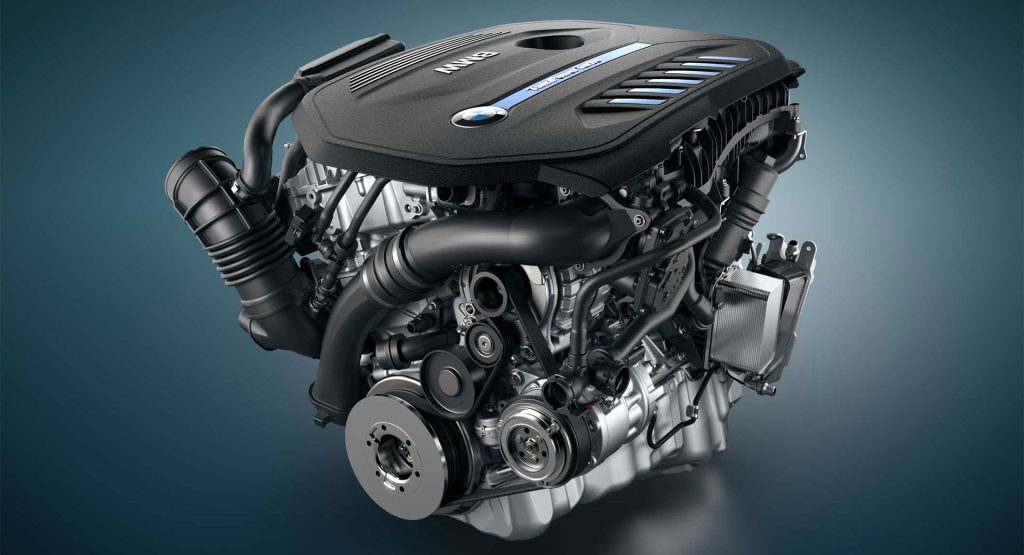
Stickin’ to old-school!
When it comes to BMW’s decision to stick with combustion engines, CEO Oliver Zipse is speaking up and speaking out! His message is clear — “we don’t want to write off the combustion engine” — and his announcement comes during an era when many automakers are clamoring to announce their clear end. BMW — not so much! In fact, Mr. Zipse is quick to not only defend the decision, but to stand behind the automaker’s “old-school” engines. In taking a different approach to electrifying its range than many of its like rivals, there is clear thinking behind this decision.

What we know about this unusual strategy!
BMW is not ready to write off combustion engines, that’s for sure. This decision in no way reflects anything negative or a lack of initiative on BMW, but instead confirms that products that are still on offer should not be talked down or disregarded in any way. In addition, combustion engines, in light of the more than one billion cars in the world, should not be underestimated. And, to replace each and every one of those roughly 1.4 billion cars with an EV is not only near impossible but not an example of supporting eco-friendly practices. The CEO stands by the fact that “e-fuels are important,” he said, in order to keep existing cars running without harming the environment.
Effects of banning combustion engines are not good either. BMW top execs argue that if sales of new cars with these engines are prohibited, many will just keep their existing ICE cars for longer. That is because electric vehicles are still more expensive than their gasoline/diesel counterparts, and there are many around the world who cannot pay the premium. In addition, and important to note, but charging infrastructure is not ready to support an influx of EVs throughout the world.

Let’s be clear — BMW is not choosing one type of engine over the other. In fact, this year alone, the automaker has set an objective for zero-emission vehicles to account for 15 percent of total deliveries. Other luxury brand rivals like Mercedes and Audi have lifted that goal even higher, with Mercedes poised to be fully electric by 2030 “where market conditions allow” and Audi only launching EVs from 2026 on, bringing an end to ICE cars in 2032. For Jaguar, that plan to go all electric is by 2025. In addition, Volvo will abandon combustion engines in 2030 along with the BMW Group’s MINI and Rolls-Royce.
The fact is, however, that many BMW customers, according to Zipse, don’t want an electric car. But the ratio of sales of EVs up and ICEs down are not proportional, meaning that one electric car sold does not necessarily replace one car with an ICE.
In addition, Zipse noted that e-fuels need to play a factor in this debate, considering the vast amount — more than one billion — of piston-powered cars in the world. These vehicles, with their wide presence, are not going anywhere anytime soon!

In light of sticking to combustion engines, BMW is making a statement of their own when it comes to the electric future or would-be future. They are not putting their eggs in that basket solely, but also in hydrogen technology, both as a solo endeavor and also in partnership with Toyota. To that end, early on in 2023, an experimental SUV titled the iX5 was unveiled, and it is powered by a hydrogen-electric system with the vehicle offering 300 miles of range. Its tank refueled in just a few minutes!
Overall, BMW plans to continue to invest in ICEs for the foreseeable future and stands behind this decision. Stickin’ to old-school is their answer, and we are confident in their choice!






